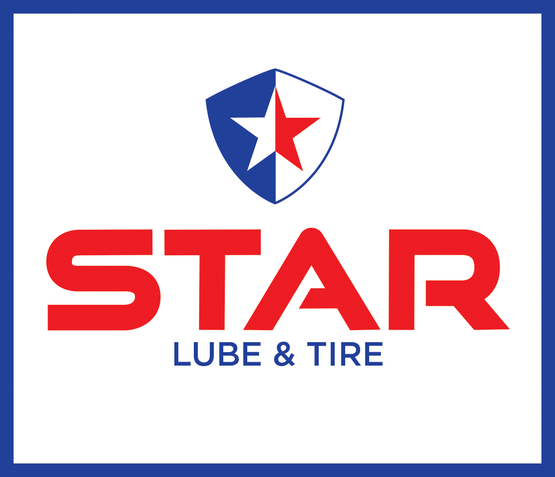Oil's Well That Ends Well (Oil Change Grades and Weight)
April 23, 2023
Changing your oil regularly is one of the most important things you can do to keep your vehicle running well. And knowing the right type of oil to use is also very important.
Engine oil is classified by weight, but it doesn't refer to how much the oil would weigh if you put it on a scale. It refers to viscosity, or how easily the oil flows through the engine. Most engines operate normally at around 210°F/99°C. The viscosity, or weight, is assigned a number by how well it flows at that temperature. The lower the number, the more freely it flows.
Most vehicle engines use what's called a multigrade oil which behaves differently in different temperatures. Multigrade oils have a "W" in their viscosity number that you may have seen on a bottle of oil, something like 5W30. The W stands for winter and shows how freely it flows in colder temperatures.
That means a 5W30 oil will behave like a 5 weight oil in lower temperatures (less viscous or thinner) and a 30 weight oil in warmer temperatures (more viscous or thicker). That's important on a cold day because the oil needs to behave like a thinner oil when you start your engine since it need to lubricate engine components immediately to protect the metal components. Then as the engine warms up, it behaves like a thicker oil to prevent friction among those parts. Pretty neat trick, right?
The type of oil you use can differ depending on what type of climate you operate your vehicle in and how your vehicle is used (carrying big loads, towing, etc.). Your owner's manual contains several different recommendations based on these factors. Your service advisor can recommend the right oil for your needs. Like Shakespeare said, "Oil's well that ends well."
Star Lube Branson
598 State Hwy 165
Branson, MO 65616
417-239-2886
https://www.starlubebranson.com
Need Service?
More articles from Star Lube & Tire of Branson

A Clean Start (Battery Cleaning)
February 1, 2026
Your vehicle is loaded with electrical devices. Computerized components are everywhere, so good electrical connections are important. Those begin with your vehicle's battery, so it's important that its connections are in top shape. Ever had a flashlight that didn't work, took out the old batteri... More

Thoughtful Gifts for the Winter Driver
January 25, 2026
You may be one of those romantics who don't like giving (or getting) practical gifts for special occasions. Just wait until one of those gifts helps you out of a big predicament in cold weather, and you realize that practical gifts can be life savers. Here are a few things you may give the cold-... More

I Can See Clearly (Wiper Blade Replacement)
January 18, 2026
Warm weather can bring severe storms, and when the rain is coming down hard, that's one time you really need to be able to see as clearly as possible out your windshield. Having wiper blades that are fit for the job are important to maintain that safe view. Maybe you live in a climate where you ... More








